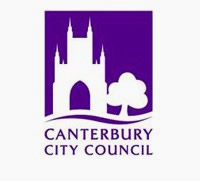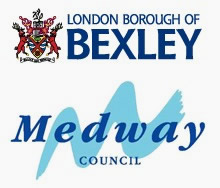Alcohol and Grief
02/03/2010
Grief occurs when a person is bereaved. This may be because of any number of life events and each case is different. For example, someone may be grieving because of the death of someone close, illness, divorce, relationship breakdown or job loss. It is not uncommon for people to turn to alcohol to try to cope with grief and to block it out. However, this can cause more problems than it solves.
As well as trying to block out pain, some people who are bereaved drink to help beat insomnia and to feel less anxious. This can lead to a cycle of heavy drinking and in the worst cases alcoholism.
Professional help is available if you think you are drinking too much to cope with grief or suspect someone you know of doing this. Talking to friends is a better alternative for dealing with bereavement than turning to drink. Other people throw themselves into work, hobbies or causes until their pain begins to subside to some degree. Counselling can help you learn to cope with bereavement without alcohol.
If you have begun drinking alone a lot or often drink when you wake up you should consider professional help to quit drinking. The same goes for if you’re experiencing withdrawal symptoms from alcohol such as shakes, sweats and feeling sick.

























